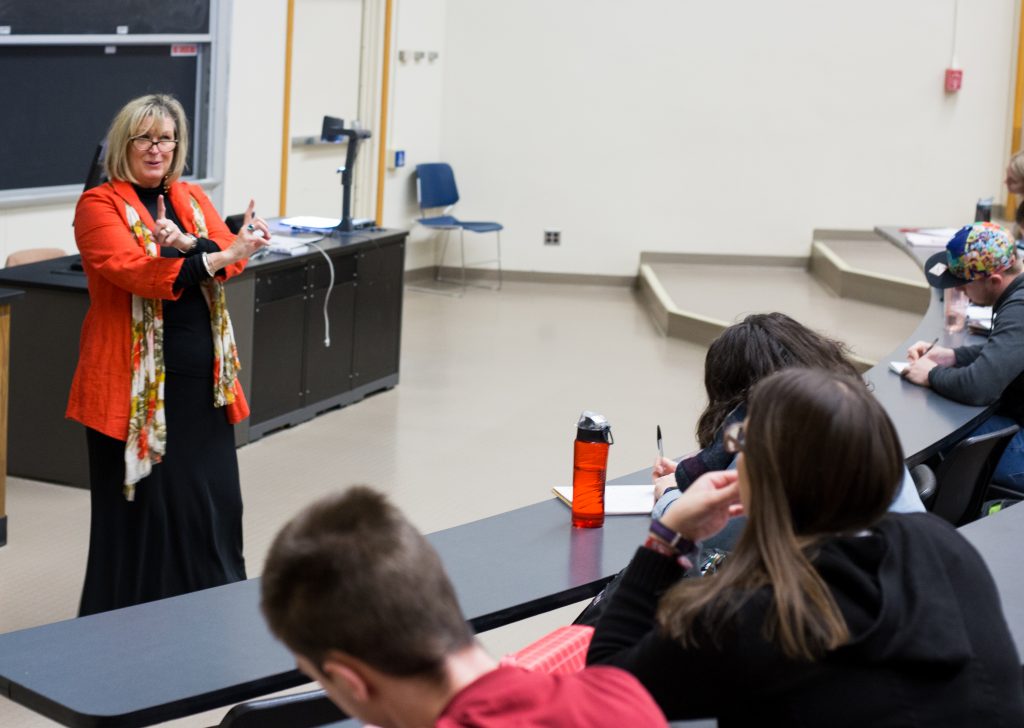Many faculty members hoping to achieve tenured positions next year are currently undergoing the in-depth process of earning one of these coveted positions.
According to the American Association of University Professors, tenure allows professors to hold their positions indefinitely unless terminated due to extraordinary circumstances. Its purpose is to ensure academic freedom for faculty members to pursue avenues within their work without fear of losing their positions, giving them the ability to conduct research. They will be secure from being fired without cause, even if their findings are unpopular or controversial.
Because it’s so binding, universities ensure that faculty undergoes extensive evaluations.
Criteria vary depending on the faculty member’s discipline and department, and on different fields of scholarship and research. Three major considerations universities tend to prioritize are teaching, service and published research. Binghamton University is no different, placing emphasis on research.
According to Donald Nieman, executive vice president for academic affairs and provost, the thoroughness of the process gives faculty the chance to prove themselves.
“It is a rigorous, elaborate process that gives faculty members the opportunity to demonstrate that they have met the high standards we have established for tenure, thus assuring fairness to faculty members who are being evaluated,” Nieman wrote in an email. “Ultimately, the burden is on faculty members to demonstrate that they have earned tenure.”
Tenure must be earned first through a tenure track, which consists of two three-year appointments in which professors are evaluated based on their teaching quality, research and service to their department and the University. To prove this, they must prepare an extensive portfolio — typically hundreds of pages in length — that includes information such as student testimonials, other faculty members’ observations, a self-evaluation and experts in their field assessing the quality of their research. Portfolios can take more than a year to prepare, which is why faculty hoping for tenure in the near future are starting the process now.
The portfolio is then reviewed and voted on by the tenured faculty in the candidate’s department, and then by the department chair. Next to evaluate are the dean, the All University Personnel Committee — a group of over a dozen faculty elected from across the University — and Nieman. Should they recommend the candidate, their file goes to BU President Harvey Stenger, who decides whether to recommend them to the SUNY system for tenure.
Jonathan Karp, associate professor of history and Judaic studies, underwent the process at BU and is now a tenured professor. Karp said he had major concerns going into the process.
“There’s a lot at stake, to put it mildly,” Karp wrote in an email. “Tenure affects one’s job security, status and reputation. You simply hope that you will be treated fairly in the process, which I think is normally the case.”
Though a potential candidate may be rejected from their current institution, that doesn’t mean there is no hope for them to achieve tenure.
“Some people are denied tenure and that can be very difficult and painful,” Karp wrote. “But there are many great and highly accomplished scholars who were denied tenure in one institution but eventually granted it in another.”



